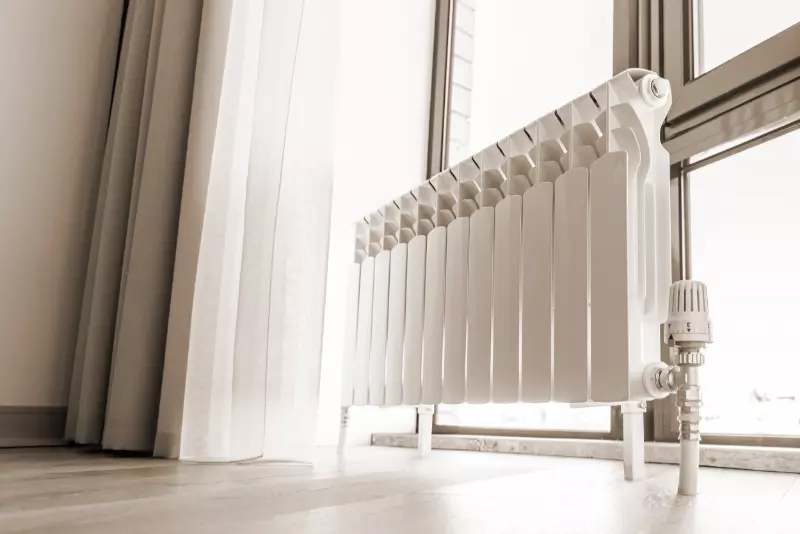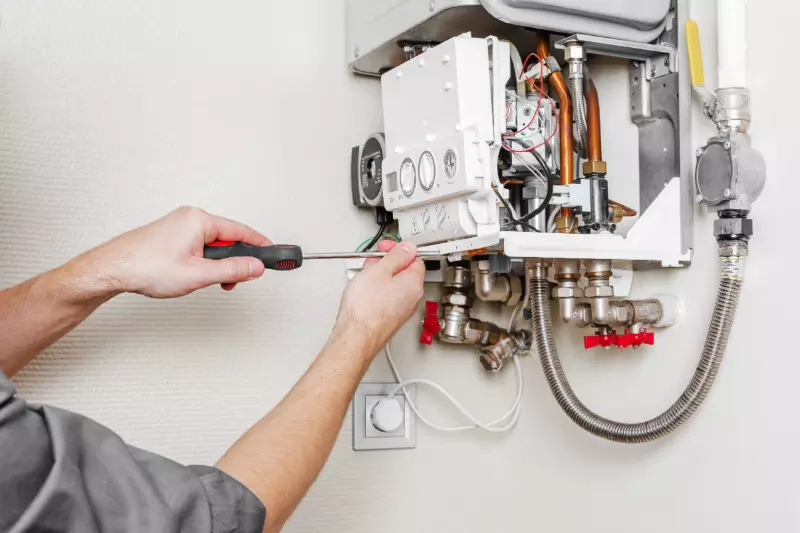Why should I upgrade my central heating? This article looks at what you ned to know before replacing for your current heating system. Find out more about the benefits of upgrading your central heating systems.
Replacing your Current Heating System.
Saving money, reducing your carbon footprint, and prioritising safety are all compelling reasons to consider heating repair or replacement. In the long run, an inefficient heating system will cost you more money.
Older heating systems might cause ducting issues or variable temperatures in your home or business, causing some areas to be too hot and others to be too cold.
It's understandable that paying your energy bill is a chore, whether you're a homeowner, property manager, or business owner.
This is almost definitely your most expensive monthly expense, and heating accounts for at least 40% of your total annual energy expenditure.
During the winter, energy bills naturally climb as homes and businesses work harder to keep us warm. However, if you use the same amount of heat and energy as normal throughout the winter yet spend more than you did the previous year, your heating system may need to be serviced or replaced.
Heating settings allow you to keep your house comfortable without overheating or wasting electricity. You might save money on your heating expenses and reduce your carbon footprint by properly installing a new heating system.
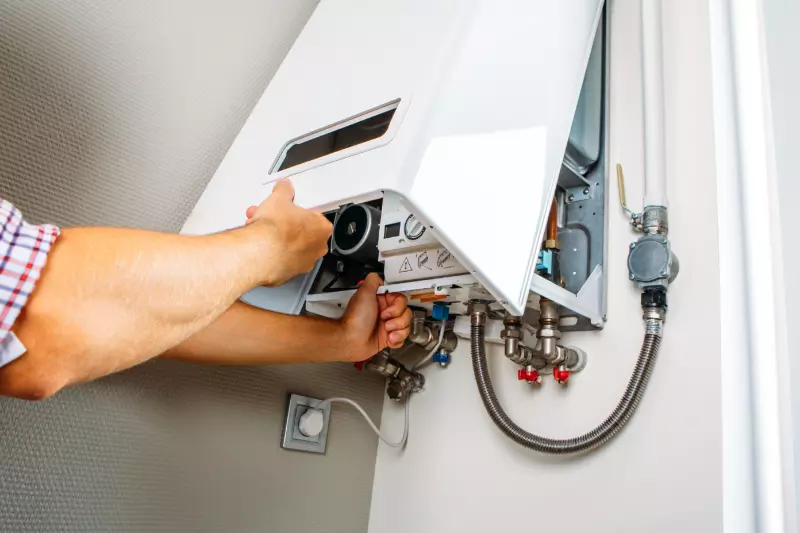
Gas Boilers
Natural gas is the most effective fuel for your home's fixtures out of gas, electricity, and oil.
Natural gas models of household appliances and fixtures (boilers, dryers, stoves, and ovens) require less fuel than their electric and oil counterparts. making you money-saving.
Natural gas often has the lowest costs when compared to electricity and oil, in addition to using the least quantity of fuel (depending on where you live and your local provider). A natural gas boiler can be the solution for people wishing to lower their monthly expenses.
Since oil does not burn as cleanly as other fossil fuels, such as coal, power plants employ natural gas as one of the cleanest burning fuels on the market.
Consider moving into a home with natural gas boilers to reduce your environmental impact. You'll gain financially as well as the environment from greenhouse gases.
Heat Pumps
Heat pump technology is one of the most cost-effective, efficient, and environmentally friendly solutions to meet your home's heating and hot water demands. Heat pumps generate heating and hot water for your home using renewable energy sources.
A heat pump converts thermal energy (heat) from the air, earth, or a nearby water supply into heating and hot water for your house.
When compared to other methods, the energy needed to produce the necessary heating for your house is significantly less because the environment serves as the major source of heat generation.
Additionally, heat pumps may be used in conjunction with renewable energy sources to minimise energy costs while minimising the impact of your heating and hot water on the environment.
The production of heating and hot water is particularly sustainable since it relies on renewable energy sources including air, water, and soil. The usual lifespan of a contemporary heat pump unit is 20 to 25 years, which is typically twice as long as that of a regular domestic boiler; boilers are typically expected to last 10 to 12 years.
Radiators
Radiator performance has been improved as a result of quality and performance restrictions. Compared to radiators made in the year 2000, current radiator efficiency can be up to 50% greater.
Due to the decreased energy expenses caused by better efficiency, it is possible that your new radiators may ultimately pay for themselves. Modern radiators also have improved water channels that enable hot water to reach a larger radiator surface area while consuming significantly less water.
Radiators are no longer just a practical component of the appearance of the house. Given the greater variety of forms and sizes available today, modern radiators may serve as the main point of a fashionable space. If you're changing your boiler, a designer radiator will not only boost efficiency but also enhance the aesthetics of your house.
To freshen things up, you could always paint your old radiators, but this won't increase their efficiency; in fact, a couple of coats of gloss will make it take a little longer to heat your space.The majority of the heat produced by radiators nowadays, however, comes through convection, where hot air rises around the radiator and cold air is sucked into and through it from below. Modern radiators only heat via radiation up to 20% of the time.
An older radiator could be inside partially rusted, introducing sludge to your system. Therefore, even if a freshly painted radiator may appear good from the outside, things may be different inside.
Thermostatic radiator valves are another option to take into account if you want to maximise the efficiency of your system; using the dial on a thermostatic radiator valve, you may modify the temperature of each radiator in your house. Your smartphone may be used to set smart thermostatic radiator valves, which will keep track of your activities in each room and adjust the temperature accordingly.
Pipework
If you're thinking about overhauling your central heating system and wondering if you also need to replace the boiler and radiators, there are a few things to consider. More research is necessary if your boiler is "kettling", also known as "dry boiler kettling", which is the sound produced when a boiler is not working as it should.
It seems reasonable that it is named kettling since it sounds like a kettle boiling.Kettling might be brought on by a leak in your plumbing or boiler system. Start by checking the boiler and the pipes leading to it for any obvious leaks in your system.
Next, examine the pipes around your radiators; a leaky radiator might result in a boil-over in your boiler. Before installing a new boiler if your current boiler is kettling, you should have your pipes examined. Call in the experts if a manual search for leaks yields no results unless you wish to remove some floors.
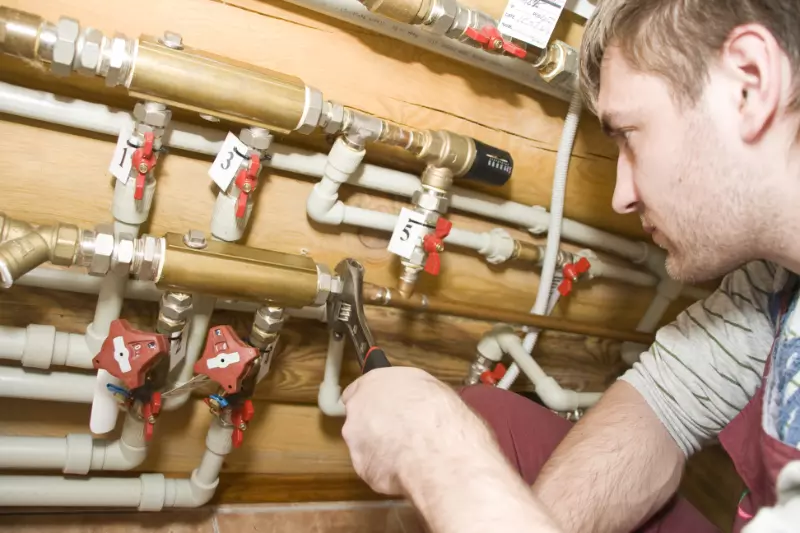
Benefits of Upgrading your Central Heating Systems:
Increased Energy Efficiency
In the UK, there are still a number of older properties with traditional central heating systems. Especially during the winter, it's probable that you're spending far more on this than you realise. If your central heating system is dated, it might be time to start considering an upgrade.
The initial costs of upgrading an old heating system might prevent many from doing so, but the long-term advantages greatly exceed this. Since the new heating system is more efficient and consumes less energy, your monthly heating bills will decrease.
Gain More Control
New central heating system technology may assist in adjusting temperature levels in various areas around the house, as well as combining controls through smart thermostats and smartphone technology. Individual controls, such as exterior sensors and thermostatic radiator valves, can aid in increasing the efficiency of the boiler; these can be incorporated when installing a new central heating system.
Takes up Less Space
If you have a typical central heating system in your house, you most likely have an outdated boiler that takes up a lot of space. Boilers are not only more energy-efficient, which saves you money, but they are also smaller and quieter than earlier models. They not only conserve space, but they also provide peace of mind by operating silently in the background.
Lowers Carbon Footprint
Due to its increased efficiency, a new central heating system can help you minimise your carbon impact. It is also based on the fact that contemporary central heating systems are deliberately planned and constructed to have less environmental implications.
Custom Systems
Most professionals thoroughly calculate the amount of hot water and heating demand in your house. In addition, experts consider the insulation, the likelihood of hot air leaving, and a variety of other criteria to assist you to decide on the finest sort of central heating system to fit your demands and requirements.
Better for your Health
Radiators raise the temperature of a room by heating it, which causes dust particles to circulate in the air. However, without central heating, our houses would be extremely chilly, resulting in moisture and mildew.
The consistent temperature of a home with new central heating is advantageous to you; this is due to the fact that warm air does not circulate dust or allergens, therefore keeping your house clean.
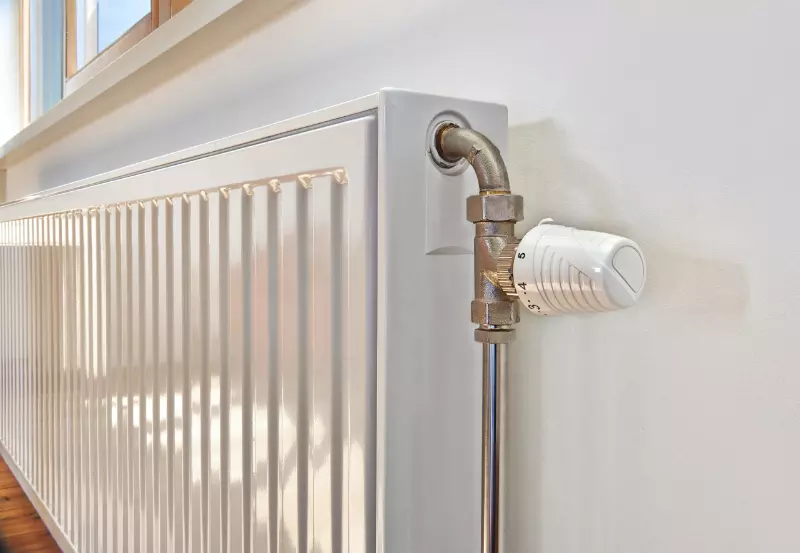
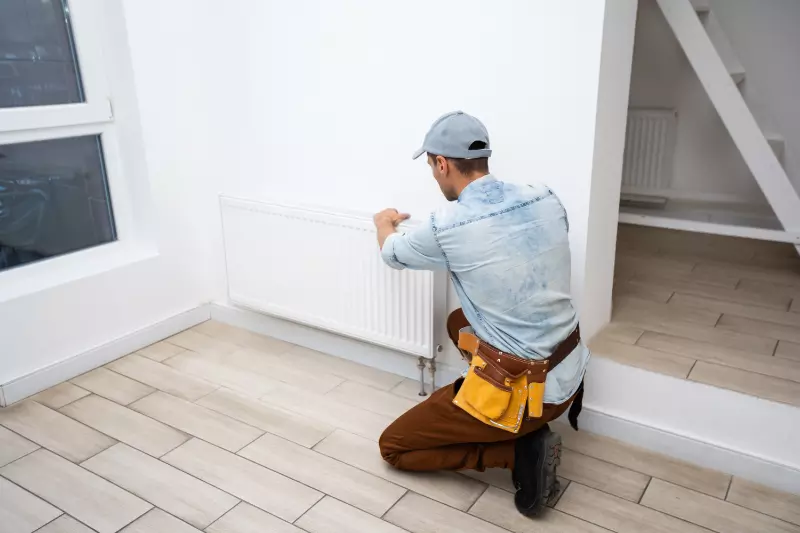
Plumb and Heat Hernebay provides the best boiler and heating services in and around Herne Bay. Whatever you require, our professional team can assist you with everything from small repairs to installing a completely new boiler.
